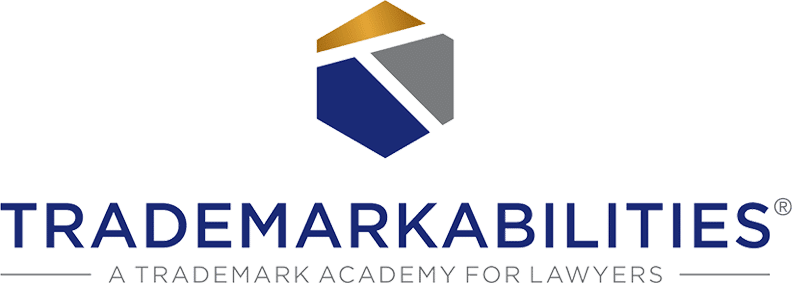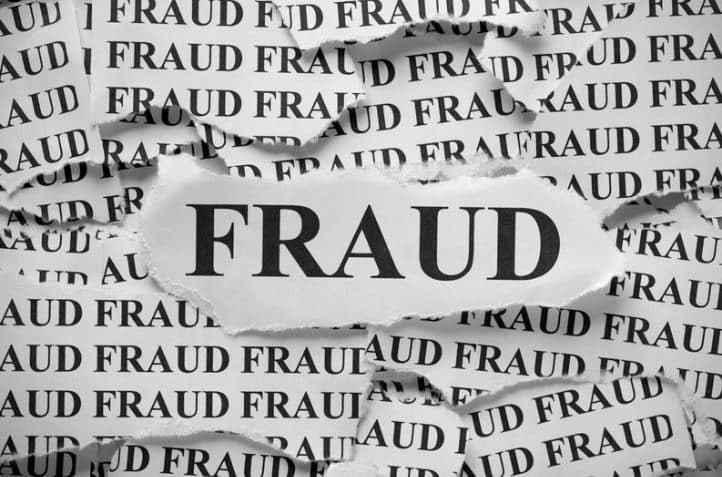On October 18, 2023, nearly two years after the Trademark Trial and Appeal Board ruled in Chutter that reckless disregard satisfied the requisite intent for fraud at the USPTO in trademark matters, the Court of Appeals for the Federal Circuit (“CAFC”) in a precedential split decision (Great Concepts, LLC v Chutter, Inc., 2023 USPQ2d XXXX (Fed. Cir. 2023)) reversed the TTAB, declining to reach a decision on fraud and remanded the case to the USPTO, holding that a Section 15 Declaration of Incontestability cannot be the subject of a cancellation proceeding because it does not maintain a registration.
Facts of the Case
You will recall at issue in this case was a Combined Section 8 and Section 15 Declaration of Use and Incontestability, signed and filed in 2010 by Great Concepts’ outside attorney. In the Section 15 Affidavit of Incontestability, counsel erroneously checked the box declaring “there is no proceeding involving said rights pending and not disposed of either in the U.S. Patent and Trademark Office or in the courts,” even though a prior-filed cancellation proceeding was still pending at the TTAB, along with a civil action pending in Federal Court at the time the declaration was signed and submitted. Great Concepts’ attorney admitted he “was not aware of the legal requirements for filing a Section 15 declaration” and he failed to read the declaration to notice the falsity of the statement he was reading. Remember that all Section 8, 9 and 15 declarations before the USPTO are signed under penalty of perjury. If you don’t understand what you are signing or cannot be bothered to read the plain language of the form, you probably should not be signing or filing those forms!
The CAFC’s Split Decision
The TTAB, properly in my opinion, granted the Petition to Cancel on grounds of fraud, holding that Great Concepts acted with reckless disregard as to the truth of the statements in the declaration. Great Concepts appealed, resulting in this split decision. It’s important to note that in sending the case back to the TTAB, the court did not reach any conclusion with respect to whether Great Concepts and its attorney committed fraud; however, the court held that it was not proper for the USPTO to cancel Great Concepts’ registration. The majority contends that the USPTO does not have the authority to cancel a registration for fraud in connection with seeking incontestability status. The CAFC based its holding on statutory construction (and as supported by Bose) and held the USPTO only has the power to cancel a registration for fraud in connection with procuring a trademark registration or maintaining or renewing a registration. It is the majority’s opinion that filing a Section 15 incontestability declaration is not necessary to maintain a registration, even if it is filed in combination with a Section 8 declaration of continued use.
The Dissent
Judge Reyna wrote the dissent and agreed with the TTAB’s finding of reckless disregard and finding of fraud in this case. He further held that since the filing at issue in this case was a combined Section 8 and 15 declaration that the filing was necessary to maintain Great Concepts registration and the TTAB’s cancellation decision should be upheld on that basis alone. However, Judge Reyna is concerned that the CAFC is overruling a 50-year-old precedent in reaching its decision. He further cautions the majority saying its opinion is “unreasonable and overlooks the spirit of intellectual property protection” to ask the public to act as “attorneys generals and police fraud.” Especially if “the maximum penalty for fraud committed to obtain incontestability is losing incontestability, the very thing the registrant was not entitled to ab initio.” “The court has no business rejecting or usurping the agency’s exercise of its vesting authority. Sanctioning inequitable conduct, as here, is an action within the [US]PTO’s authority and discretion in implementing a statute that Congress entrusted it to administer.”
Impact of the Decision
The CAFC has also remanded the decision to USPTO to determine what sanctions Great Concepts’ attorney must face. However, in making this decision, its clear these judges are not living in the real world if the only consequence Great Concepts faces is losing the incontestability status it was never entitled to in 2010 to begin with! I wholeheartedly agree with the dissent. We must empower the USPTO to administer the rules enacted by Congress and not treat every statute as a law school exam. I will repeat the guidance I laid out in our 2021 blog post.
For trademark owners or in-house IP counsel:
- Make sure you carefully review anything you are asked to sign. The best person to sign a declaration is someone with firsthand knowledge of the business – those in charge of marketing or operations or, in smaller companies, CEOs. If you are a general counsel of your company, you likely do not have enough day-to-day interaction with the physical goods and services to be the right candidate for signing declarations and attesting that the goods and services are in actual use in U.S. commerce.
- Although the Medinol standard has been relaxed, remember that the USPTO has instituted a random audit program and new fees for deleting goods and services after a Section 8 Continued Use Declaration is submitted. It’s still a recommended and best practice to thoroughly review all your goods and services and delete from the registration any that are not in use when any Section 8/71 declarations are submitted.
- You must personally sign any declaration. A paralegal or assistant can prepare it for you, but you must personally sign any document to be submitted to the USPTO.
- While the TTAB doesn’t define its standard for “reasonable investigation,” if you don’t personally know whether something is in use in commerce, ask others in your organization who do know and have them provide documentary proof and/or photographs. Make an inquiry before assuming any goods or services are in use.
For outside trademark counsel:
- Before asking the client if they want to submit a Section 15 incontestability affidavit, which requires five years of continuous use of the mark in commerce after registration, please check to see if the registered mark fulfills every Section 15 requirement. It’s easy enough to see if the client has any pending TTAB or court cases, which disqualifies the client from filing a Section 15 affidavit until those proceedings are concluded. If the registered mark does not qualify yet for incontestability, add a docket reminder to follow up with the client.
- Do not sign your name to any declarations that your client should be signing, and do not sign your client’s name to declarations, even if you are authorized by the client to do so. You do not have firsthand knowledge of anything happening with your client. If possible, ask the client to provide documentary or photographic evidence of use of the mark in commerce for every good or service covered by the registration.
- Explain the importance of these declarations to your clients, including any lawyer you interact with who is not trained trademark attorney or familiar with USPTO procedure. As this case demonstrates, the declarations are important and can result in a loss of trademark rights for your clients and/or other sanctions.
- While the TTAB doesn’t define its standard for “reasonable investigation,” if you don’t know whether something is in use, you aren’t off the hook because you ask your client to sign. Ask for specimens and check the client’s website. Make sure you are comfortable with the information the client sends back before you submit it to the USPTO.
Want to Learn More?
In the Trademarkabilities® Masterclass, we cover the rules about who should be signing applications and declarations carefully. If you are new to trademark law and would like to learn more tips and strategies about filing trademark applications and and how to counsel your clients through the process, consider joining our Trademarkabilities® Masterclass. You learn more about our courses here to enroll or reach out to us for more information. Or, you can join our mailing list, and download our free e-guide “5 Tips for Trademark Attorney Success.”

Stacey C. Kalamaras is the founder and lead instructor of Trademarkabilities®, an online trademark academy for lawyers, whose mission it is to prepare lawyers to be confident and effective practitioners before the USPTO. Stacey started Trademarkabilities to share her passion teaching the law with the next generation of lawyers and help them become practice ready lawyers. Contact us at: hello@trademarkabilities.com.
Stacey is also a seasoned trademark attorney and currently works in-house as Senior Counsel for a multi-national candy company. She previously owned her own solo trademark practice, which she scaled and sold. She has been recognized by her peers for her outstanding knowledge and service in intellectual property law.

